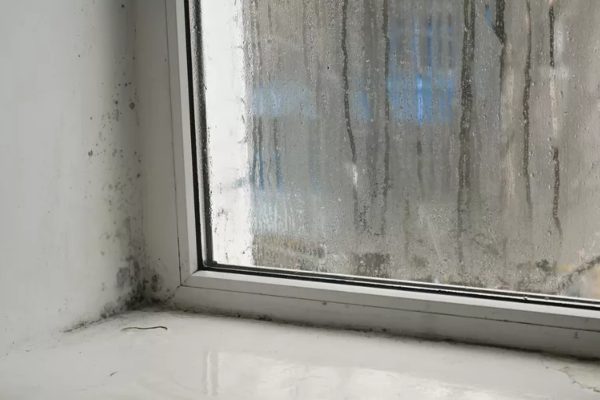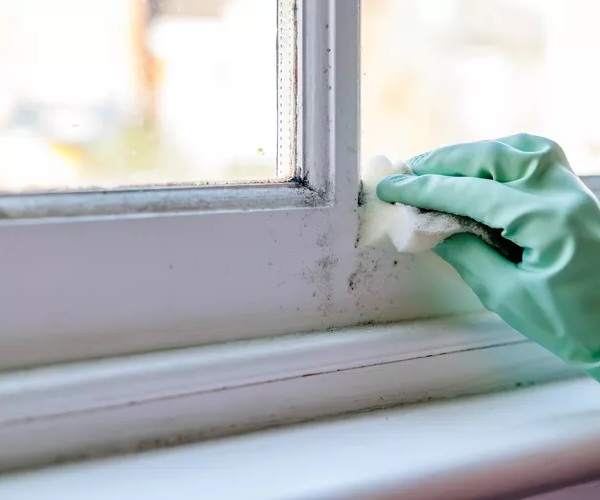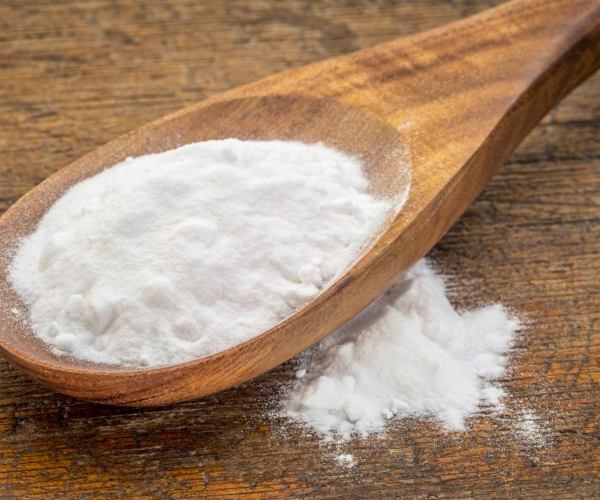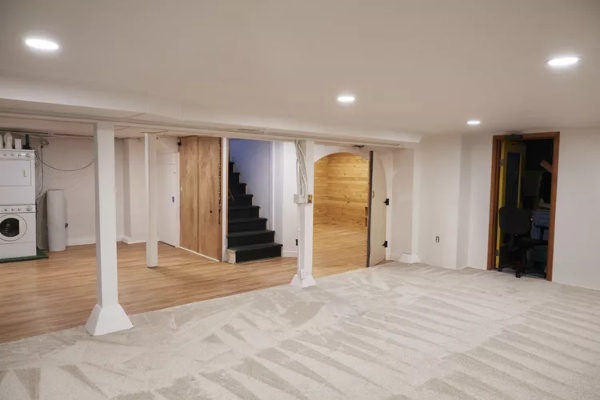You wouldn’t want to enter your basement just to find out that there is a strong unpleasant and uninviting smell. What’s worse is the fact that the odor’s source is often very challenging to locate. Luckily, there are a few common culprits of damp, musty basement smells, mostly mold and mildew caused by excess moisture.
By giving it a little time and attention, you can identify the source of the musty odor’s source and learn how to get rid of it in your basement.
How to remove your basement odor?
-
Identify the source
First things first, it is essential to identify what is causing the musty smell in your basement. The most common cause of a musty basement could be mold or mildew that happens from excess moisture. Check your windows and exterior doors to see if there is any condensation or even some dark spots that show signs of a mold cluster. Also check any sinks, showers, drains, toilets, and other places where water is present. If you don’t notice any signs of moisture, there may be a leak in your walls or from a window or door on the main floor of your home. Here are some sources that could produce a musty smell:
- Mold spores and mildew growth
- Leaks in plumbing
- Cracks in window frames or exterior doorways
- Drains
- Poor ventilation
- Standing groundwater
- Dust, dirt, and debris
- Pet odors in upholstery
2. Repair Leaks and Cracks
If you find any condensation collections on your window panes, door frames, under-the-sink plumbing, or somewhere in your basement, you’ve most probably identified the cause of your musty basement smell. Now you’ve done the identification, it is time to address the leak, crack, or gap that is creating the moisture leakage.

You may have to fix window seals or install weather stripping on your exterior doors to make sure that they are watertight. You might also want to call in a plumber to check for pipes that have potential leaks, mainly because these issues can create bigger problems in the future if ignored.
3. Clean your carpets and upholstery
While the main cause of musty basement smells is mold spores and mildew growth, pet dander on your furniture and carpets can also contribute to the unpleasant smells in your home. Remember to vacuum more often and deep clean your carpets and area rugs to get rid of the unwanted smell. You can rent or buy an upholstery cleaner to fight odors trapped in your furniture fabrics as well.
4. Deep clean and declutter
Most of the time, pet dander, dust, dirt, and debris can collect under cabinets, behind doors, and in corners on the floor producing foul smells in your basements. So, keeping your home neat is one simple yet effective way to prevent a range of odors, including musty basement smells.

Sweep up dirt and debris at least once a week and mop your floors afterward. Also, dust often to those areas that often go unnoticed like the tops of cabinets and the space around decor.
5. Kill the mold and mildew
As we mentioned above, mold spores and mildew growth are some of the most common reasons why a basement smells so musty. While it is necessary to tackle the root cause of excess moisture, mold, and mildew will grow if not done anything. There are many methods for removing mold in your basement but it ultimately depends on the surface of where your mold is growing. A diluted bleach solution or a DIY vinegar spray to kill can be used for most surfaces.
Also, Read Transform Your Bathroom With These 12 Plants
6. Absorb the musty odors
Even if you’ve done everything to address the reason why your basement has a musty smell, there still may be a lingering odor in your home. There are many ways how you can absorb the musty smells, many of which are very simple and effective.

For example, baking soda is one of the most common and versatile household cleaners but you can also use it as a natural deodorizer. Fill a few bowls with baking soda throughout your basement and leave them there for a few days to sit and absorb the musty smell.
7. Get a dehumidifier
Another effective way to reduce the moisture level in your basement is to use a dehumidifier. These objects are specially designed to pull moisture from the air convert it to water, and deposit it into a removable tank. Buy a small dehumidifier (or more, depending on the size of your basement) and leave it running to reduce the humidity level in your basement.
8. Let in natural light and fresh air
Lack of natural light and ventilation can cause issues like mildew growth and musty basement smells. You can use a fan to improve the airflow in your basement as that helps to tackle both humidity levels and foul odors. Also, research has shown that the UV properties in the sunlight can kill mold and mildew. Since basements normally don’t get enough natural light, it is not surprising that the area could become a hub for mold spores. You can install some windows in your basement or use artificial lighting to bring more light into your basement if possible.

9. Check for issues often
In most homes, the basement is the part that is far less visited than other areas like bedrooms and kitchens. But, to keep the musty smell away, especially that of mold and mildew, it is necessary to check your basement often for any potential source of moisture.
You can do so by scanning your windows, doorways, under-the-sink plumbing, and more regularly. If you detect any mold or mildew, adopt preventive measures quickly to prevent further growth.
10. Carpet selection
We recommend you buy synthetic carpets made from nylon, polyester, or olefin as they help prevent mold growth. Natural fibers like wool, jute, and cotton are more like to grow mold when they get wet.

How to fix basement moisture
Eliminating moisture in your basement is normally not a quick and easy process. Normally, this process starts outside of the home before indoors.
-
Regrade Soil
You can regrade soil around foundation walls as it helps prevent water from moving forward the fountain, at least 6 inches. Using a shovel bank up the soil to the masonry foundation wall and slope that earth down and away from the house.
2. Redirect downspouts and extensions
Direct downspouts are far away from the foundation and basement walls. Add downspout extensions to carry the water away.
3. Clean the gutter
Clean gutters prevent overflowing them from flowing next to your home’s foundation wall.
4. Fix large cracks in the foundation wall
Using products like hydraulic water-stop compounds to fill foundation holes and cracks as silicone caulk is not adequate for filling these cracks.
FAQs
Q: Can a basement smell be musty without mold?
A: Yes, certainly. While mold spores and mildew growth are the most common causes of musty basement smells, the odor could also be from various other sources, such as pet dander or dirt and dust. Therefore, it is recommended to clean every nook and corner of your house properly.
Q: How to permanently get rid of a musty smell?
A: The key to permanently getting rid of musty smells in your basement is primarily locating the source of the smell. More often than not, musty basement smells are caused by mold or mildew, which occur when there is excess moisture. Identify the cause of excess moisture in your basement and tackle that issue first, then move on to deep cleaning mold, mildew, pet dander, dust, and other common causes of musty smells in the basement.
Q: Will a dehumidifier get rid of musty smells?
A: A dehumidifier can be a great tool for removing excess moisture and musty smells in the air, but this alone will not eradicate foul odors. Follow the guide outlined above to start addressing the odor by locating the source and then working on its elimination and prevention.
Also, Read How to Design an Aclove Bed fit for Any Space in a Home!
